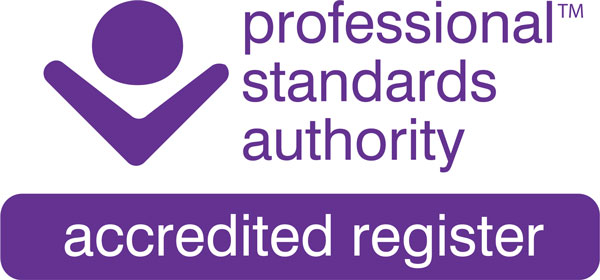Educational Standards
Prior to entry onto the HGI’s Professional Register participants are required to demonstrate ability in the following areas:
- A comprehensive and critical understanding of the Human Givens organising idea.
- Advanced integrated understanding of the organizing ideas of Human Givens (innate needs and resources, APET, RIGAAR etc.)
- Appropriate communication and intrapersonal skills, and the ability to relate to, and enter into the client’s model of reality.
- Synthesise and apply Human Givens principles in an independent and effective manner
- Identify psychopathologies and the ways in which Human Givens organising ideas can treat these effectively using Human Givens principles
- Critically evaluate their own practice as a Human Givens practitioner and challenge themselves to seek alternative solutions and approaches where appropriate.
- Ability to make informed judgment regarding alternative client treatment approaches, in often complex, unpredictable and ill defined contexts.
- Demonstrate advanced resource investigation skills to position Human Givens principles and concepts in relation to the wider body of theories related to human behaviour and development.
- Make critical judgments about the uses of a range of research methods and techniques, both qualitative and quantitative, in evaluating practice with particular relevance to effective practice.
- Demonstrate self awareness in managing own spare capacity and limitations.
- Practice in accordance with National Occupational Standards (CLG1-22)
- Practice in accordance with, and adhere to HGI Ethics and Professional Conduct Policy and the HGI Risk Policy.
- Support the ongoing development of the Human Givens ideas through peer support and benefit from each other’s professional experience, knowledge and skills in a dynamic and supportive learning environment.
Published: Dec 2015

